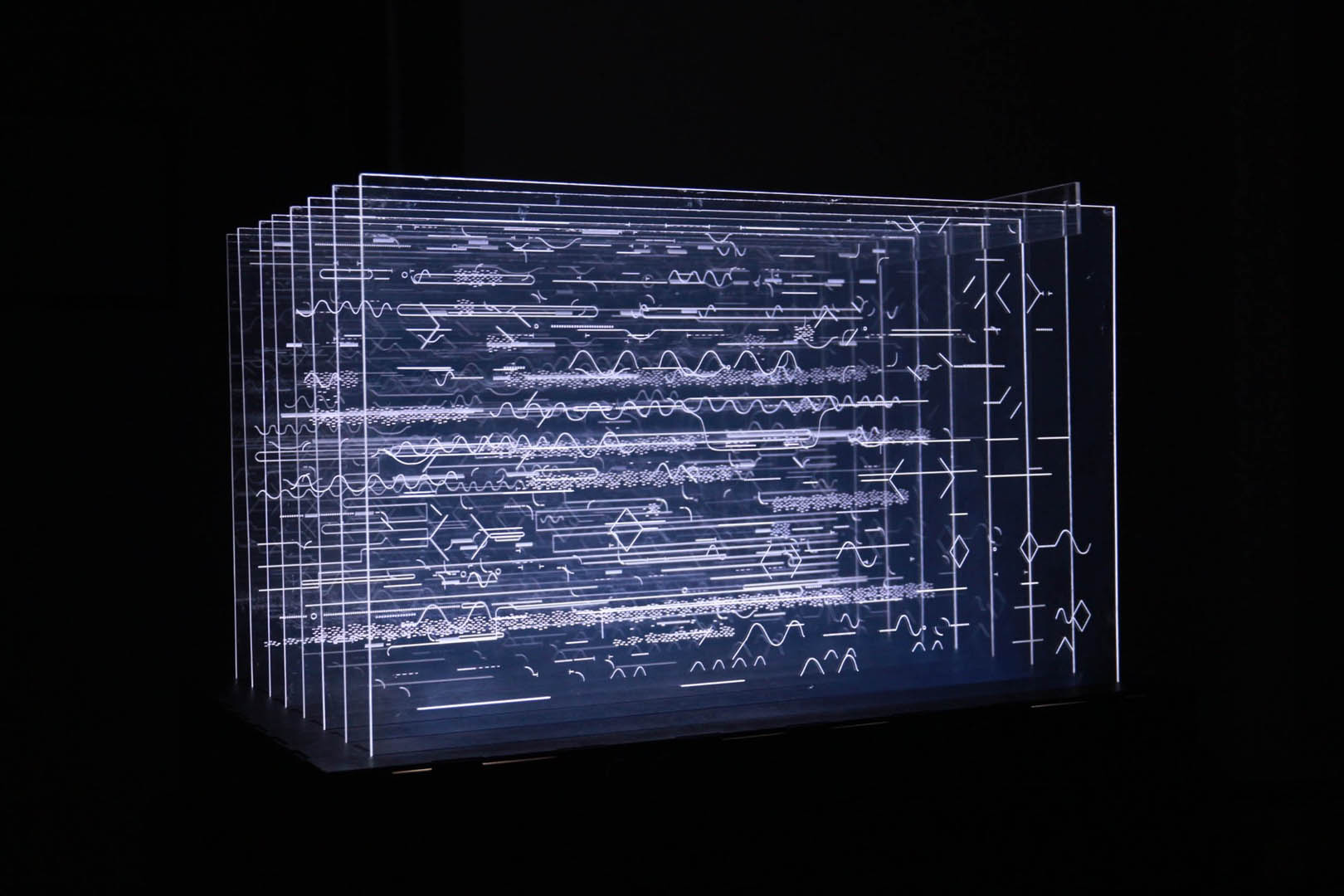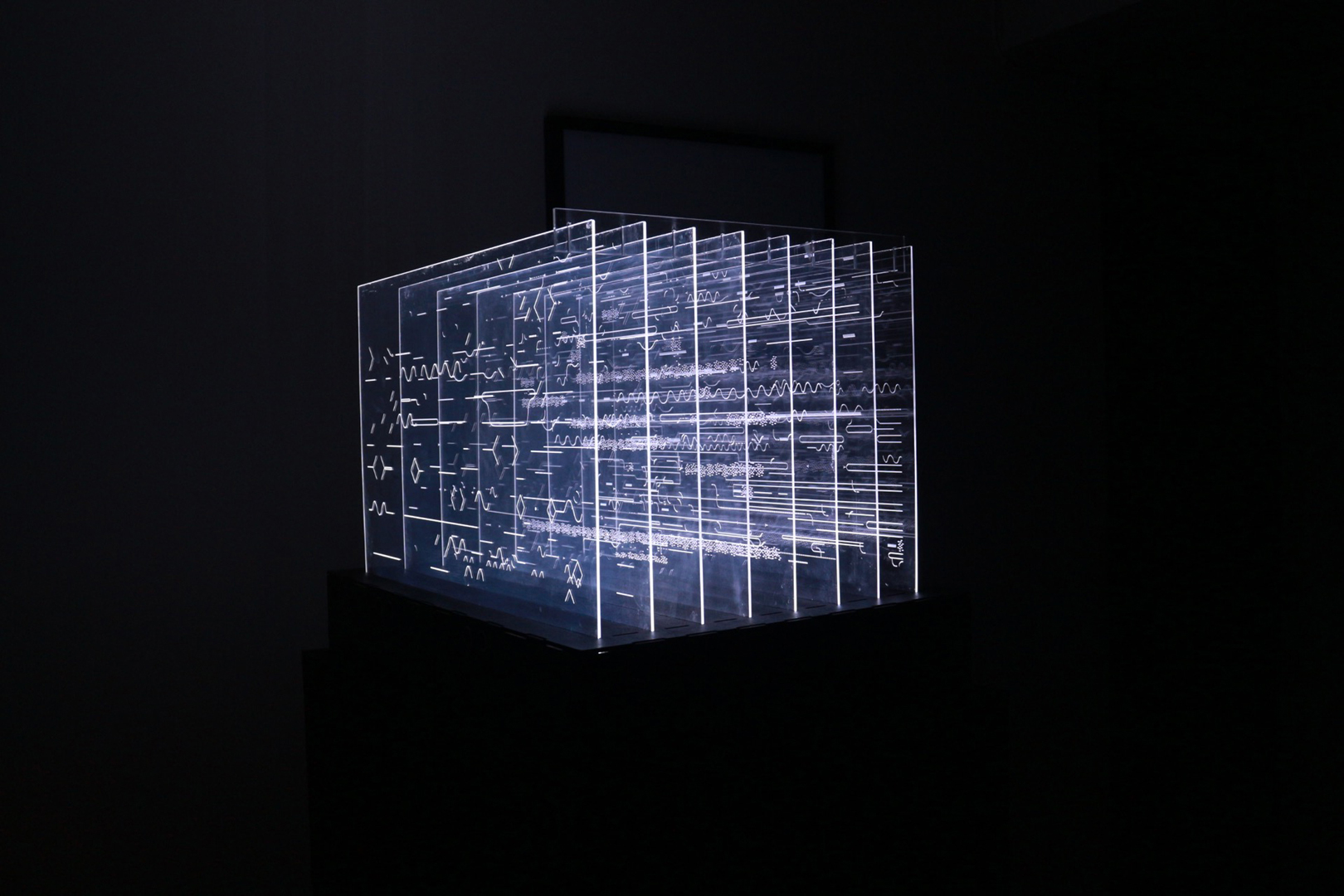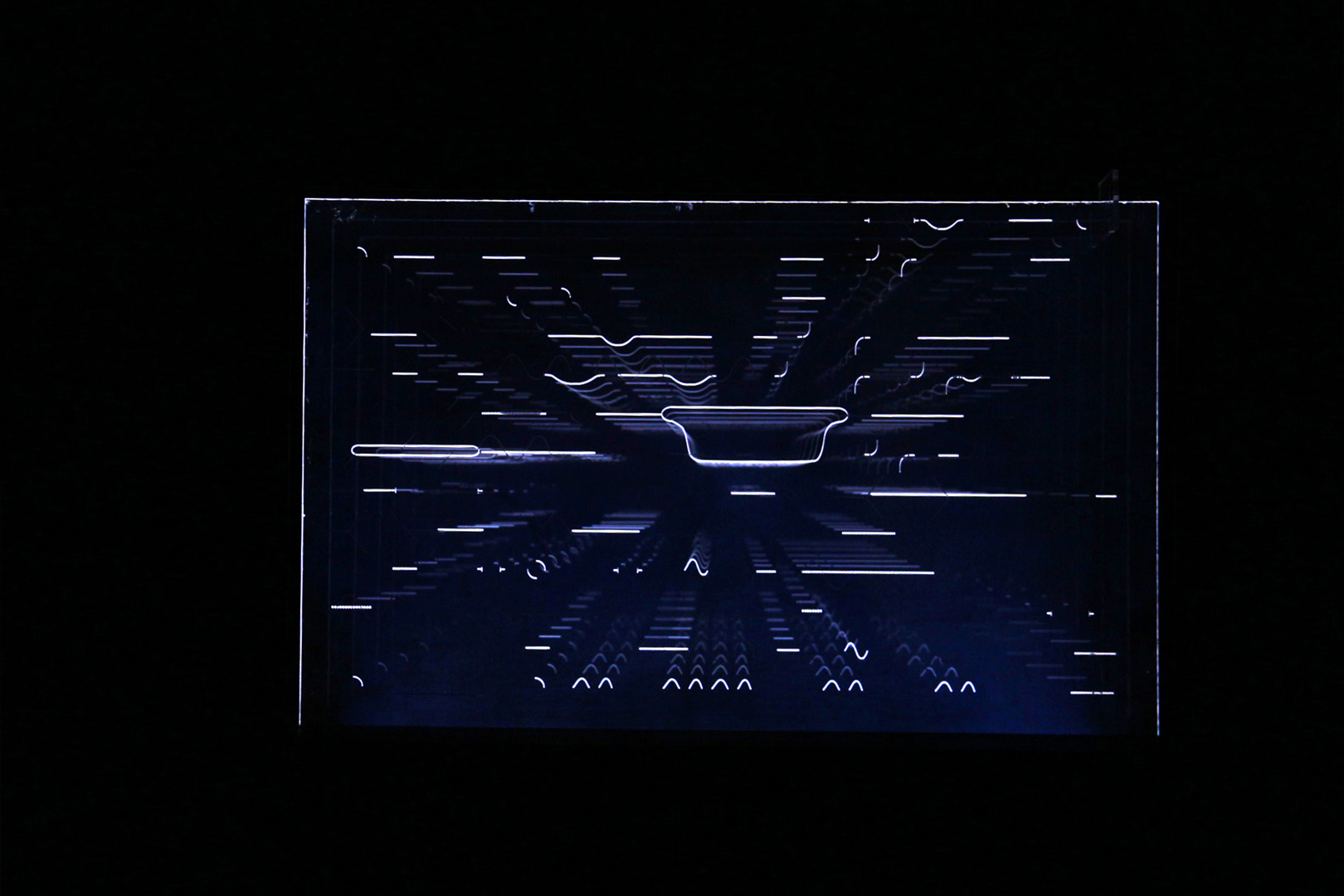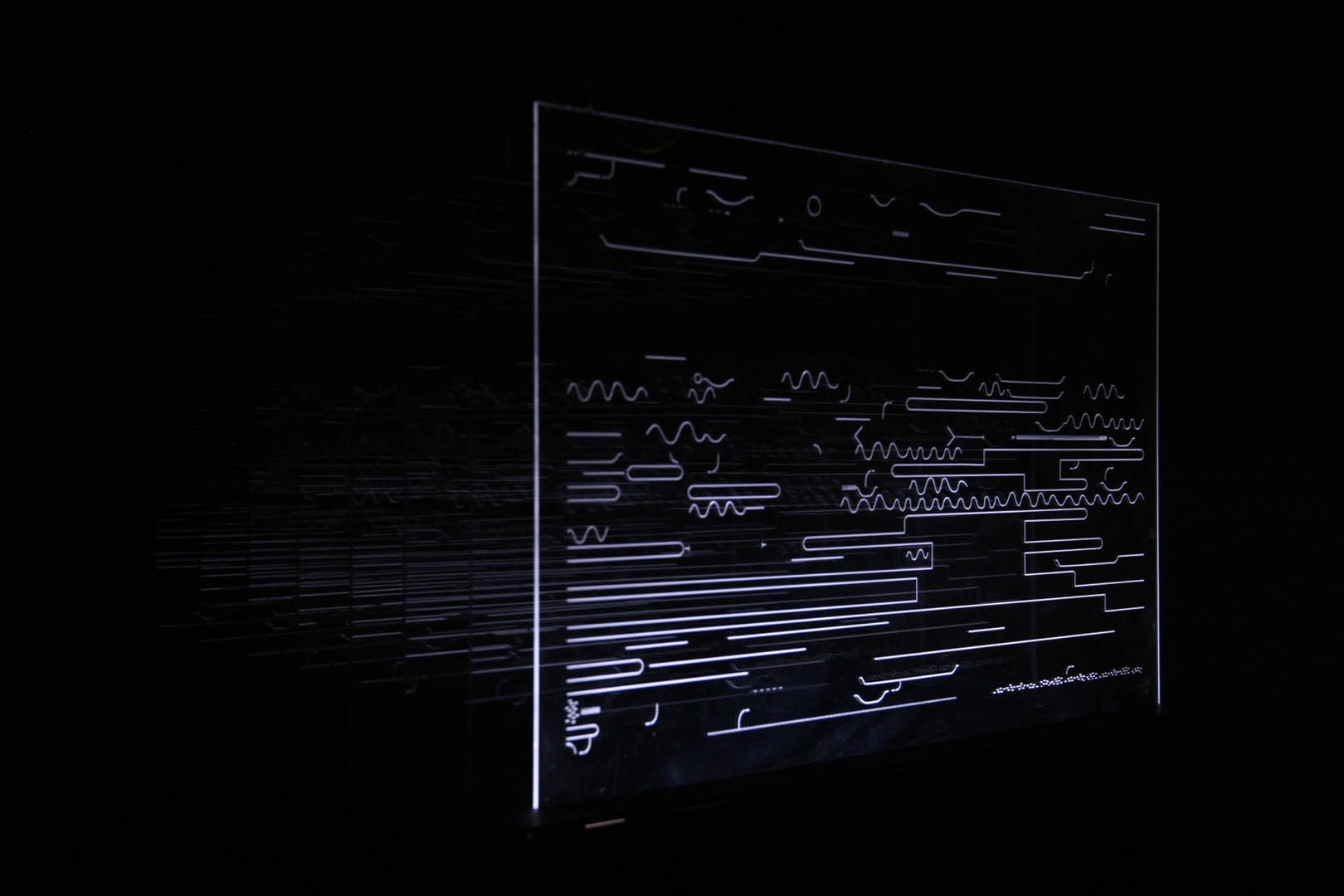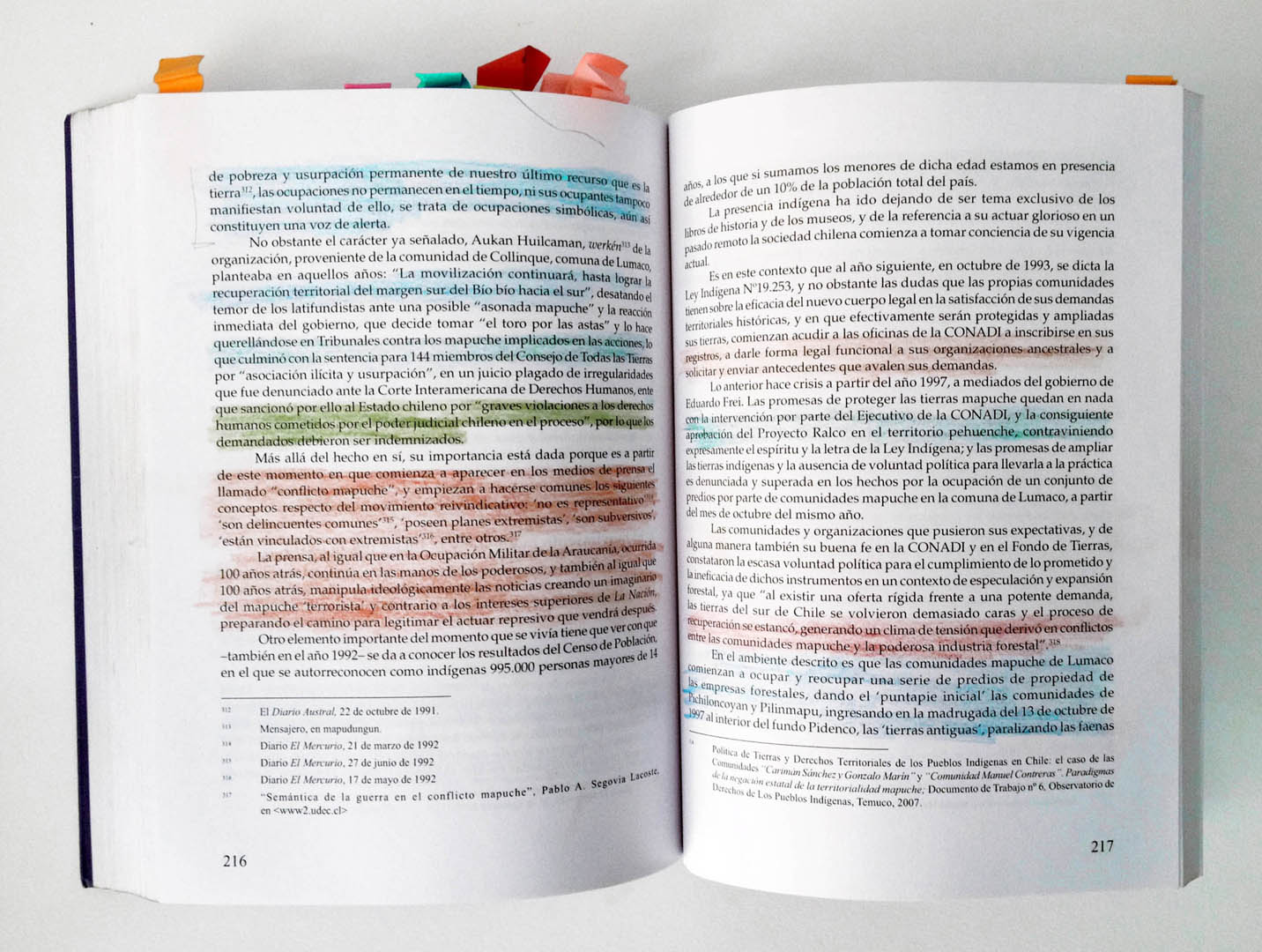“Visualizing the Illkun (Anger)” by Marcela Antipan Olate
Title:
Artist(s) and People Involved:
Exhibiting Artist(s):
Symposium:
Venue(s):
Medium:
Artist Statement:
Visualizing the Illkun (Anger) is an interactive screen installation for the interpretative visualisation of anger in the province of Malleco, Chile. The installations seeks to reflect and discuss the concept of screen by relating it to the memories of dissidence. Thus, it takes as a case study the book Las Razones del Illkun/Rabia (The Reasons of the Anger), trying to visualise through images-diagrams the subjectivities arising from the feelings of dispossession in the Mapuche conflict in the Malleco region. In this way, the images-diagrams and the designed device seek to mediate spaces and territories of memory that conflict the notion of history in Chile. A problematic narrative that dates back to the times when Chile was a Spanish colony and later, as a republic, using openly repressive state policies and territorial usurpation. Situation that unleashed the wrath of one of the first indigenous peoples of the aforementioned territory; the Mapuche.
The process of study and creative development of this project was divided into four stages: first, a study of the concept of the screen, which was analysed to understand the technical and conceptual characteristics that relate it to a memory apparatus. Secondly, a defined the theme of representation and the type of data to systematise, in this case, a historical book. Third, a way of representing anger by the abuses described in the aforementioned book; that is, through a subjectivist paradigm through the interpretation of the written archive. This decision is based on an interpretative view of a complex subject and totally opposed to a scientific naturalist paradigm; non-objective information goes from being delivered to uncertainties that are captured and interpreted; first by myself as the creator of a system of visual codes and then, by the individual facing the interface.

